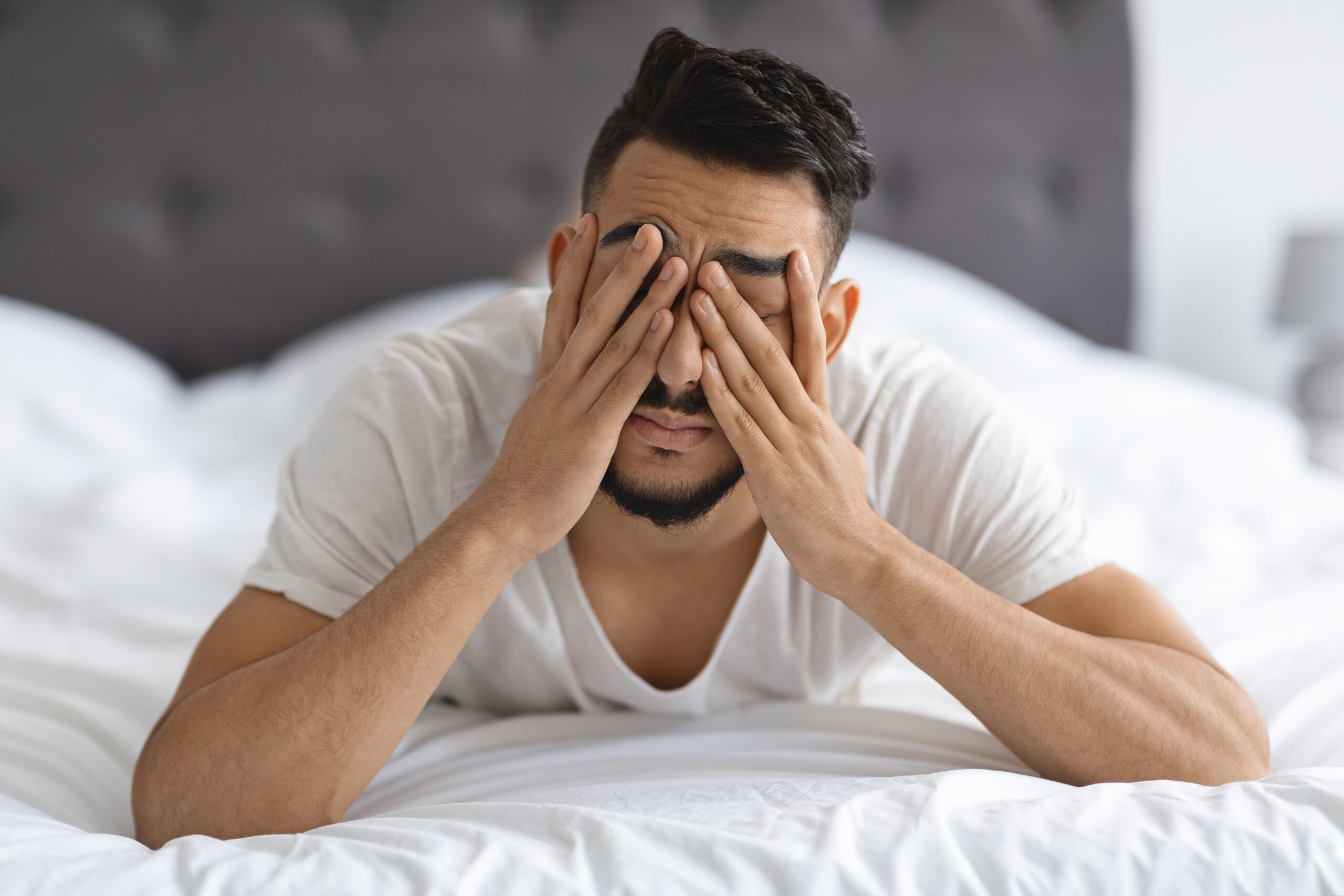CNA – Returning to the office brings back more than just the regular routine; it revives morning and evening anxieties during the commute.
The classic pre- and post-presentation jitters are back, and the perpetual nerves can’t be hidden behind a Zoom screen in in-person meetings. Don’t forget the primal urge for an afternoon snack attack, disrupting your weight-loss efforts.
Fret not! This Work Well series has your back with wellness tips to combat morning sleepiness and explore why that cup of coffee feels like a daily necessity before you can tackle the day.

WHAT’S HAPPENING?
That sleepy, groggy feeling you get when you wake up abruptly in the morning or after a long nap is not a hangover. The temporary disorientation is known as sleep inertia and you know how it feels: You’re grumpy and just want to go back to bed.
Not only that, sleep inertia can also affect your reaction time, short-term memory, reasoning and learning – and can last from 30 to 60 minutes and even two hours in some unfortunate people.
Research suggests that the delta or slow waves produced by your brain could be the cause of sleep inertia.
What could happen is, your brain has not yet reduced these waves in preparation for you to wake up or you’re suddenly awoken during the non-rapid eye movement stage of sleep.
Other reasons could be high levels of adenosine, a chemical found in the brain that causes sleepiness, and reduced blood flow to the brain. The latter could be linked to chronic fatigue syndrome, which has symptoms similar to sleep inertia.

WHAT CAN YOU DO?
Those with sleep disorders tend to have more pronounced sleep inertia, so it’s a good idea to have yourself checked. Keeping a journal may also help to identify lifestyle factors such as an excessive caffeine intake and inconsistent sleep patterns.
In the meantime, to help you look forward to starting your day, here are a few things you can try:
- A smart alarm app
Loud and jarring alarms can worsen the grogginess you feel upon waking. Instead, try a smart alarm app that detects when you are in light sleep and wakes you up with a gentle sound or light.
- Stretch
Stretching helps to get blood flowing to your muscles and loosen up the stiffness. It can also increase your flexibility, range of motion and decrease your risk of injury.
- Drink water before drinking coffee
This helps to avoid dehydration, which can cause fatigue and make you want to crawl back to bed.
- Plan something to look forward to
It can be a tasty breakfast, a new outfit for the office… anything that brings you joy. – Khoo Bee Khim



















































